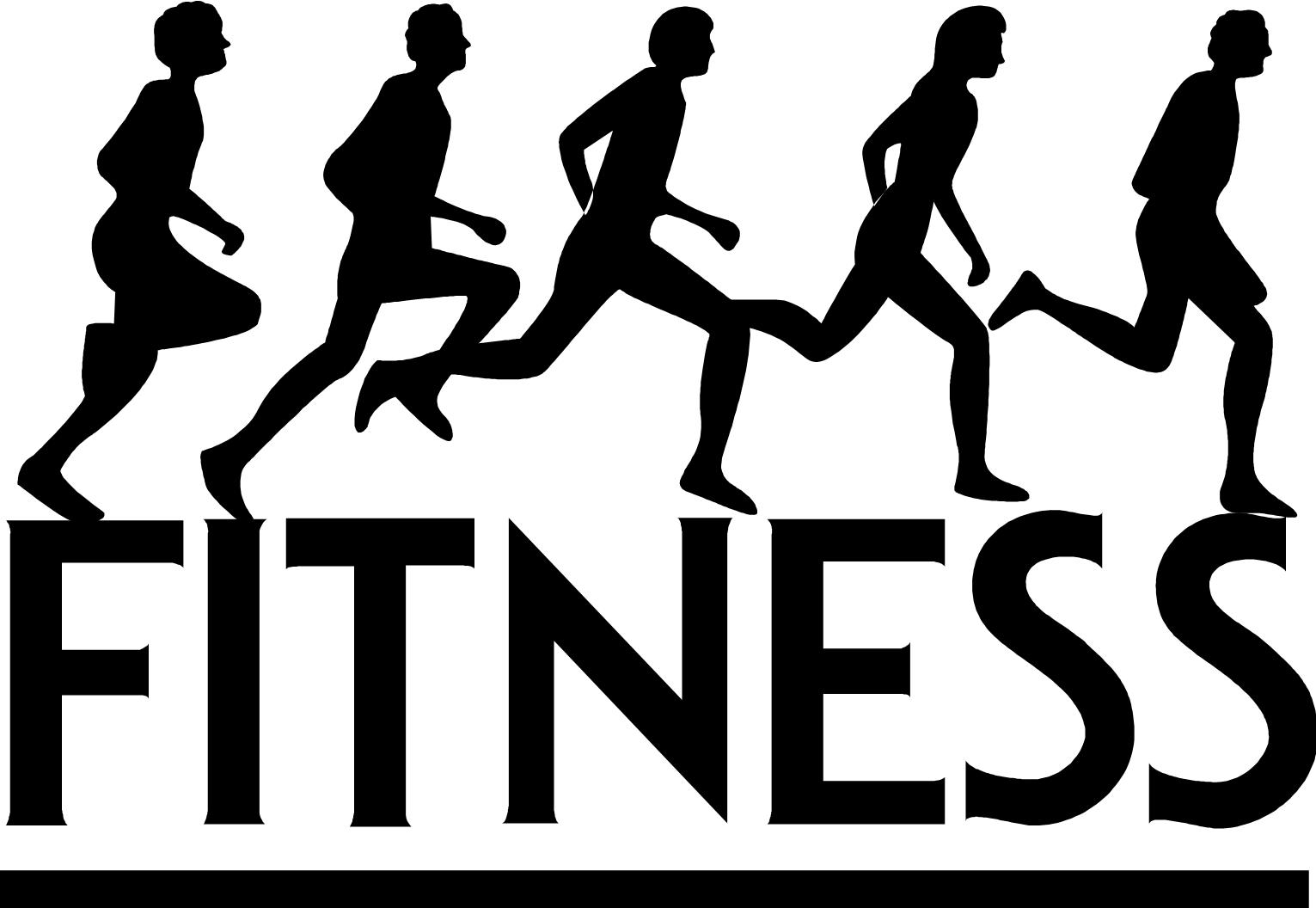The really startling part: this was among people of “normal” weight.
While their waistlines were average, their metabolisms (the body’s system for burning sugar) were stalling.
We have a tendency to equate diabetes with obesity, but in an age when sitting slumped at a keyboard or playing video games or glued to social media combined with our food supply being drenched in added sugar, even “average-weight” people who think they are active can still be in serious trouble.
Dr. Tim Church, a metabolism researcher at the Pennington Bio-Medical Institute, had a patient of “normal weight” and an “avid jogger”, become very surprised to learn that he was prediabetic.
The doctor explained to him that, unfortunately, although he does exercise – he wasn’t strength training, and strength training is essential for a healthy metabolism and insulin sensitivity. It was the crucial piece that many are missing.
Think of your metabolism as an engine. You consume food, and your body breaks most of that fuel down as glucose (sugar). The glucose travels through your blood stream to deliver energy to cells. At the same time, your body produces insulin, a hormone that delivers glucose and helps ensure blood sugar doesn’t get too high. The speed and efficiency at which all this happens is your metabolic rate.
The problem is that as we age our metabolic rate slows. Most see a drop of 1-2 percent per year after the age of 25! Along with that decline begins a list of health woes that comes with middle age.
Reason being is that a slower metabolism typically means more stored fat, which will cause an increase in blood sugar, cholesterol, blood pressure, or inflammation – any of which can encourage even more fat gain. When all these issues occur at once, it’s called Metabolic Syndrome, a condition that half of all Americans over 50 have.
The main culprit is not carbohydrates, but the “abuse of carbohydrates”. Even over-doing healthy carbohydrates like multi-grain breads and whole wheat sources, can overtax the body’s ability to secrete insulin. Over time, flooding the body with sugary foods and drinks can exacerbate insulin resistance – a condition in which cells don’t respond to insulin and sugar pools in the blood. This sets you up for diabetes, even if you’re not overweight.
The key part of the equation to combat these issues – is how you are burning the sugar (carbohydrates) you take in. This is where STRENGTH TRAINING comes in – because muscle is the primary place sugar is burned in the body!
Dr. Jamy Ard, Wake Forest Baptist Health, explains “Strength Training is like giving yourself a shot of insulin. You’re getting glucose from the bloodstream and into the muscles.” Dexter Training Concepts has proven this theory many times by having clients come to us as type-2 diabetics taking insulin and within 6 months completely come off all their medication.
Many used to think that strength training was just a “superficial” issue, whether it was to improve appearance or just be able to move stuff as we got older. Now doctors regard muscle and the exercises that can maintain or increase it – as ABSOLUTELY NECESSARY to keep the metabolic engine running on all cylinders as we age.
Muscle is the most influential tissue in your body. Each pound of it burns an average of 7-10 calories daily, compared with just 2-3 calories burned by a pound of fat.
Let’s be clear – You don’t have to be a meathead to have a healthy metabolism. You can keep yours fired by doing enough resistance work to hold on to the muscle you’ve got. The whole goal is to maintain as much muscle mass as possible as late in life as possible.
Your metabolism will hang in there as a result. Better still, you can speed up your metabolism by putting a few pounds of muscle as you age. Obviously, the earlier you start the more benefit you will have when you are older – it is still never too late…..but, doing it earlier will give you more insurance later in life.
Muscles are a demand based system. If you are not stressing and training them, they will begin to atrophy, disappear and never come back (use it or lose it concept).
For example… if you have 800,000 muscle fibers in a quadricep at age 30 and you never strength train, that number could fall 30-50 percent by the time you are 70!
At that point, you can build a stronger leg with the remaining fibers- but your quadriceps will never be as strong as it could have been , or burn glucose quite as efficiently, as if you had strength trained through your 30’s, 40’s, and 50’s.
While cardiovascular exercise does protect your heart and lungs, it WILL NOT raise your metabolic rate. However, Strength Training will. Strength Training creates a “perma-burn” scenario by building muscle that always consumes sugar – and the best part?!…..it does so whether you are exercising or sitting on the couch!
A study conducted in 2002, after an intense full-body workout – subject’s metabolism stayed elevated for 38 hours post-workout!
What all this adds up to is that thin doesn’t equal healthy. A healthy lifestyle that has Strength Training as the key component is your best insurance to living a longer, healthier life. Preventing that significant metabolic drop is paramount.
Excess body weight and physical inactivity are your body’s worst enemies. Strength Training is the only tool that will take care of both simultaneously.
Another study conducted in 1999, overweight subjects were assigned to 3 groups….
Diet only/ Diet plus Aerobics/ Diet plus Strength Training.
- The diet only group lost 14 pounds of fat in 12 weeks.
- The diet plus aerobics group lost only one more pound of fat …15 pounds.
- The diet plus strength training group lost 21 pounds of fat!
That is almost 50% more fat lost than the other two groups! The proof is here, the research has been done. Cardio is important, but it is a supplement to Strength Training not a replacement for it.
By Paul Dexter




